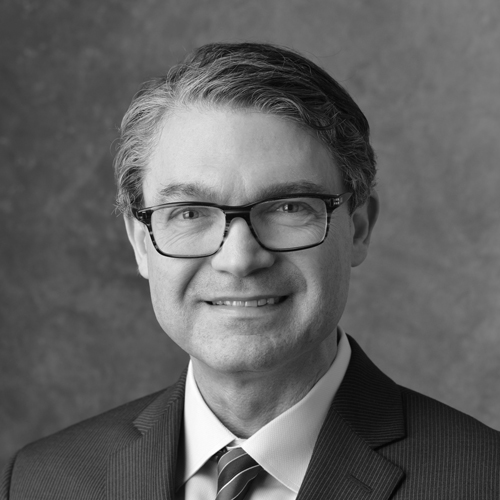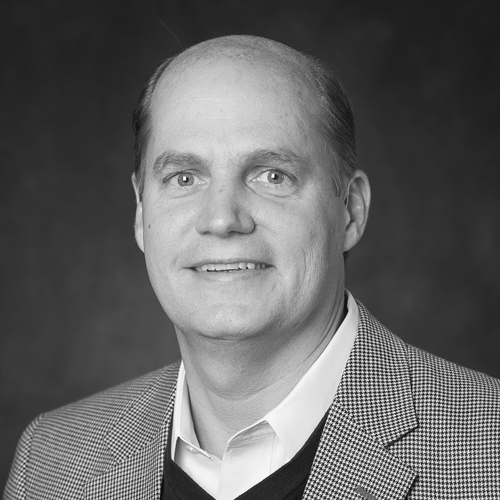The tallest building in Hong Kong, the 118-story International Commerce Centre in West Kowloon, reaches 1,588 feet. Inside: a 360-degree observation deck, a five-star Ritz-Carlton hotel, the world’s highest swimming pool and bar, and 2.5 million square feet of class-A office space occupied by the likes of Morgan Stanley, Deutsche Bank, and Credit Suisse. Literally and figuratively, it’s a long way from the streets of Kowloon City, where Lily Yan Hughes was born and raised.
“I spent the first years of my life living behind a store that was half shoe shop and half tailor shop,” recalls Hughes, whose father was a Chinese-Filipino immigrant who sold and repaired shoes in his half of the store. “My father, my mother, myself, and my two siblings lived in one room—it couldn’t have been more than eight-by-ten or eight-by-eight—with no hot water, and behind us were multiple other rooms that other families rented.”
Though the International Commerce Centre hadn’t yet been built, the chasm between Hong Kong’s highest and lowest socioeconomic points was as large then as it is now. So large, in fact, that Hughes’s parents dreamed of moving to the United States, where they hoped their children would be able to not only look upward, but also move upward.
“Shortly after I was born, my parents applied for a visa to come to the United States, because they knew that would be a ticket that allowed their children to succeed,” says Hughes. Her parents waited more than a decade to obtain the visa they so desperately sought. “When I was 11, we finally did immigrate.”
It wasn’t an easy choice, but it was the right one: Today, Hughes is at the pinnacle of her profession as senior vice president, chief legal officer, and corporate secretary for Glendale, California-based Public Storage, an S&P 500/Global FT 500 company with nearly $34 billion in market capitalization. Public Storage operates 2,200 self-storage facilities across the United States.
“Growing up the way I grew up wasn’t strange to me at the time—it’s all I knew—but looking back, it definitely gave me grit and persistence in life, which has certainly helped me succeed,” says Hughes, who attributes her success not only to her own hard work, but also to the sacrifices and support of others. “How I arrived where I am today is through lots of people lifting me up on their shoulders. I am nine feet tall because I have been lifted onto the shoulders of giants.”
“A Difficult Time for Everyone”
Immigration was only the first leg of Hughes’s journey. After that came an even greater challenge: integration.
Her family settled in the Lincoln Heights area of Los Angeles. After coming to the United States, Hughes grew up fast; she had to translate everything for her parents. Lincoln Heights was at the time a predominantly Latino neighborhood, and very poor. “I remember hearing lots of comments like, ‘Go back on your boat,’” Hughes says. “People were not kind, which was hard for a child to experience.”
Hughes’s father repaired shoes during the day, and at night he was a bus boy. She would accompany her mother on the bus to downtown Los Angeles, where they would pick up packs of clothing from sweatshops for Hughes and her sister to assemble and her mother to sew. The work paid pennies for many pieces of clothing. Every night and every morning, Hughes’s parents made a ritual of counting out their pennies and rolling up the coins from tips her father received as a bus boy. “Every cent was important.”
One of the things Hughes remembers most were the long lines. “We didn’t have insurance, so there were long lines in the emergency room to get medical care, and more long lines in the immigration office dealing with things like green cards,” she says. “It was a difficult time for everyone.”
Compassionate adults gave Hughes the strength she needed to overcome those hardships. Her seventh-grade English teacher, for instance, helped her work through her painful shyness by appointing her as class secretary. Her high school guidance counselor gave her the confidence to apply to college. At Williams College, one professor went out of his way to encourage and inspire her. “Cumulatively, all the little acts of kindness from adults who took a special interest in me made a huge difference in my life,” Hughes says. “They equipped me with the confidence and optimism I needed to succeed, despite the obstacles I faced. Their voices, along with those of my hard-working parents, are still in the back of my mind sometimes, saying, ‘You can do it, Lily.’”
Putting Down Ladders
Watching her father run his own business instilled in Hughes an entrepreneurial interest, which ultimately inspired her to pursue a career in corporate law. That career has been the perfect platform from which to help others, the way others helped her.
For the last several years, she’s proud to have been part of the Association of Corporate Counsel in Southern California. The organization supports a partnership program with law students to speak at schools where the students have backgrounds similar to that of Hughes. “They don’t have role models, so we teach them that anything is possible—that they can be anything and do anything if they work hard for it,” says Hughes. “It’s something I think really makes a difference, because it did for me.”
Hughes wants to help not only young people, but also female lawyers, who she advocates for by supporting initiatives such as Project 5/165, which backs programs that support, accelerate, and give visibility to the advancement of in-house female attorneys. “Unfortunately, there are women who do pull up the ladder when they get to the top,” Hughes admits. “I’m part of a great network of women in-house counsel who are working to put more ladders down, to help lift more women and diverse candidates up in our profession.”
Hughes teaches aspiring women and diverse lawyers to not just earn the positions they covet, but to ask for them. “Women are not as open as men about their desire to go to the next level,” she says, “so women who aspire to advance their careers need to make themselves heard.”
Sharing her story is how Hughes makes sure she’s heard. “No matter what our background is, at the end of the day, we’re all people who relate to people,” she concludes. “If you peel back the onion, we all have a personal story that motivates and inspires what we do. Telling my story and listening to yours helps me understand what each of us needs, so that we can work together to build something great.”


